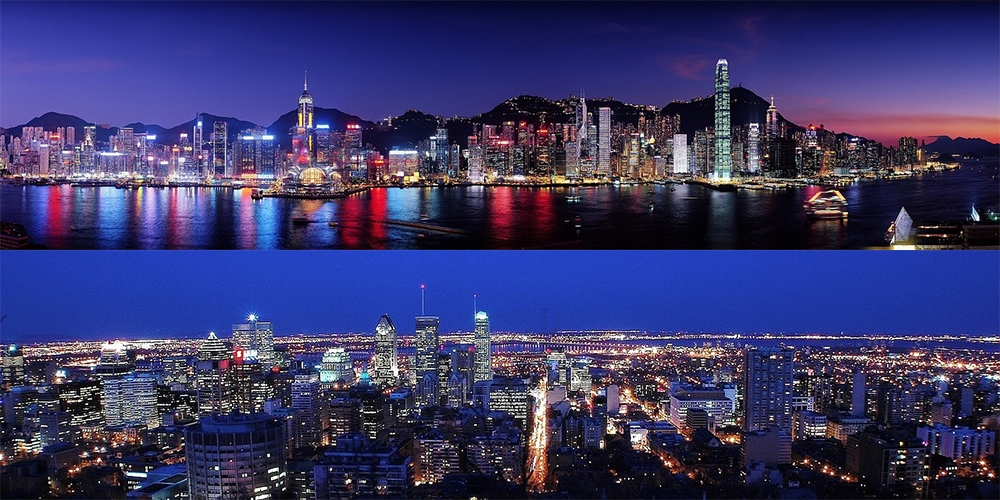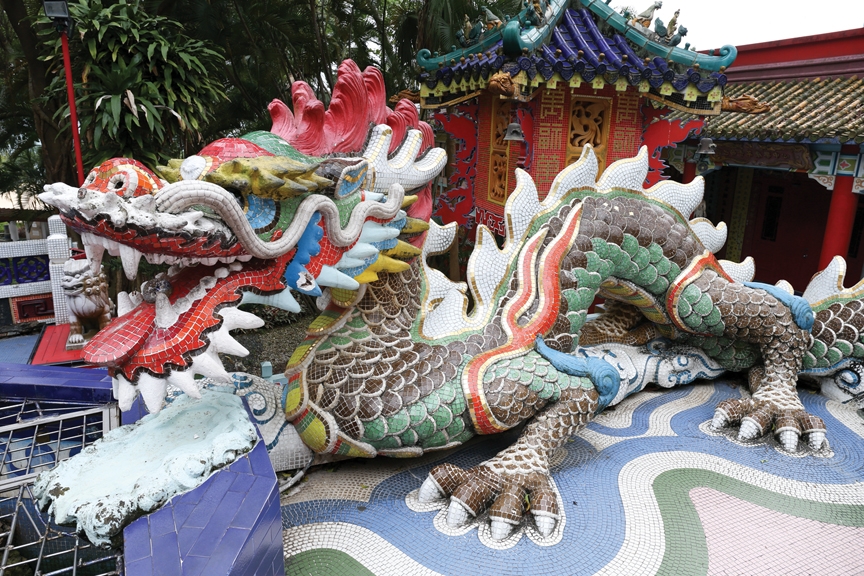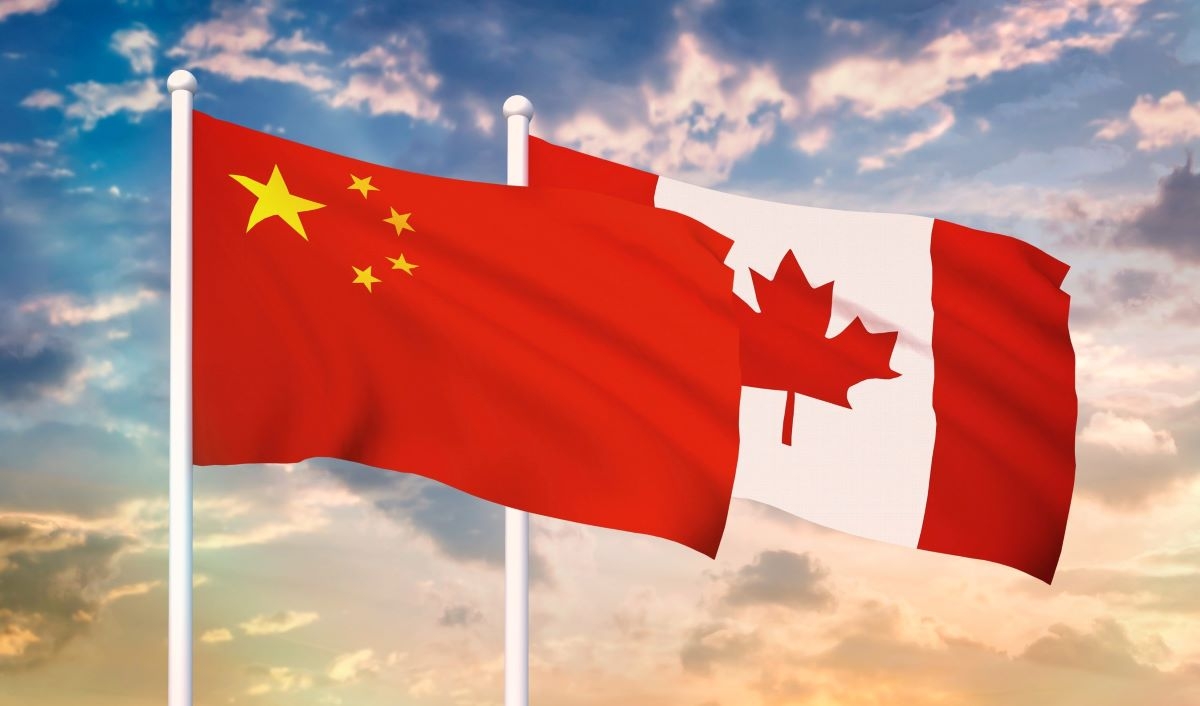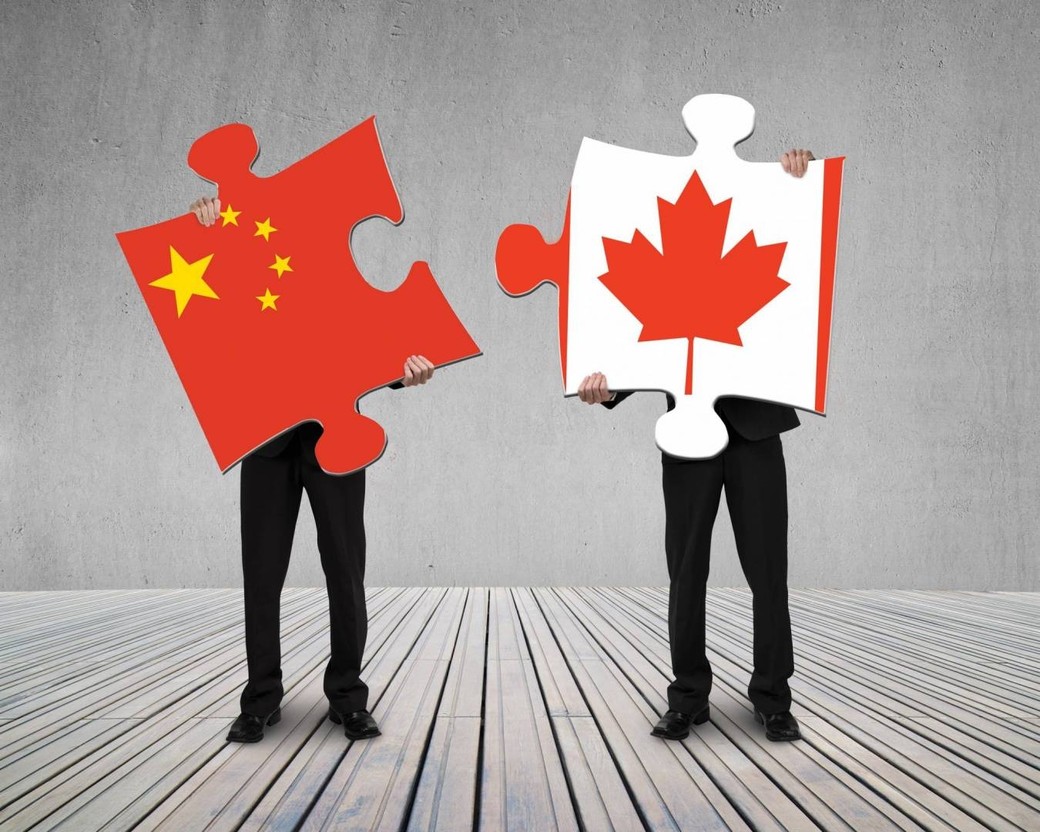
Remembering the Past to Look to the Future
This year holds special significance for the world, as it marks the 70th anniversary of the end of World War II and the creation of the United Nations as well as the 70th anniversary of the victory of the Chinese People’s War of Resistance against Japanese Aggression.
In May, a special plenary meeting of the United Nations General Assembly was held to commemorate the 70th anniversary of the end of World War II. More UN-sponsored events will take place in the coming weeks.
In September, China will also hold a series of themed events, including a grand rally and a military parade, to commemorate the 70th anniversary of the victory of the Chinese People’s War of Resistance against Japanese Aggression and the World War II. The purpose is to remember the past, honour the fallen, cherish the peace and create the future.

More than seventy years ago, the fascists and militarists launched a full-scale brutal war against humanity, bringing unprecedented catastrophes to human civilization. The flames of the Second World War engulfed over 60 countries and regions in Asia, Europe, Africa and Oceania, wreaking havoc on nearly two billion people, or 80 per cent of the world’s total population at the time.Villages and cities were shattered and reduced to ruins, families were torn apart and millions of people were made homeless. Total casualties of the war are estimated between 80 and 120 million. The direct economic losses exceeded USD 1,385 billion.
China was an important member of the world anti-fascist allied coalition and was the main battlefield in Asia during World War II. The Chinese were the first nation to confront and fight Japanese military aggression, at a tremendous human cost. Chinese military and civilian casualties were over 35 million, including 21 million fatalities. China suffered direct eco- nomic losses of over USD100 billion, and another 500 billion in indirect losses at the 1937 exchange rate.
World War II ended with a triumph of good over evil and light over darkness. Against all odds, the Chinese people waged an extremely hard and bitter struggle in resisting the Japanese militarist aggression, opening up a main theatre on the eastern front of the World Anti-Fascist War and tying down most of the Japanese militarist forces. China’s tough resistance also served to support the Allies’ operations in the European and Pacific fronts.
The Chinese people made historic contribution to the final victory and world peace.
In the course of its war of resistance against the Japanese aggression, China received sympathy and support from all the peace-loving forces in the world. The justice-upholding nations in the international community firmly stood with China. The United States, Canada, the Soviet Union and Great Britain provided China with valuable moral and material support.
Canada, as a member of the Allies of World War II, sent troops across the Pacific to fight shoulder to shoulder with China against the Japanese onslaught, contributing to the final victory of the Chinese People’s War of Resistance against Japanese Aggression and the World Anti-Fascist War.
 On the bank of the Rideau River in Ottawa stands a Memorial Wall. It is etched with the names of young Canadian soldiers who fought to defend Hong Kong. In November 1941, nearly 2,000 Canadian infantrymen joined the defence of Hong Kong, and 290 of them perished in the battle. After Hong Kong fell to the Japanese invasion on what was later named “Black Christmas”, Canadian servicemen were forced to work in labour camps. Over 300 of them were tortured to death. They never made their way home.
On the bank of the Rideau River in Ottawa stands a Memorial Wall. It is etched with the names of young Canadian soldiers who fought to defend Hong Kong. In November 1941, nearly 2,000 Canadian infantrymen joined the defence of Hong Kong, and 290 of them perished in the battle. After Hong Kong fell to the Japanese invasion on what was later named “Black Christmas”, Canadian servicemen were forced to work in labour camps. Over 300 of them were tortured to death. They never made their way home.
On 18 June this year, the Chinese Embassy in Canada held a ceremony in front of the Memorial Wall to pay tribute to the Canadian heroes who made the ultimate sacrifice for peace and justice. We will never forget them. We will always remember them.

We also cherish the memory of Canadian surgeon Norman Bethune. Seventy- seven years ago, he led a medical team of Canadians and Americans to China and joined the Chinese people in the war against the Japanese militarist aggression. He bravely worked at the forefront of battles and saved the lives of countless Chinese soldiers with his remarkable medical skills and expertise. Unfortunately, he contracted blood poisoning while operating on wounded soldiers in a makeshift field hospital in Hebei Province and died on 12 November 1939. Dr. Norman Bethune is a household name in China and stands as a symbol of Sino- Canadian friendship.
The traumas of war are hard to heal,and are likely to leave scars of hatred. The late British Prime Minister Winston Churchill once said, “Nothing is more costly, nothing is more sterile, than vengeance.” For those who have gone through the wars, they are keenly aware of the importance of peace and cooperation. The creation of the United Nations in the wake of World War II was primarily to secure world peace and prevent a repeat of the tragedies of the two world wars.
Peace does not come easily or lightly and should therefore be more dearly cherished. In contemporary history, China suffered immensely from the scourge of wars and foreign invasions and the Chinese people’s most pressing desire was to eliminate wars and achieve peace. As a major victor nation of World War II, China took an active part in the historical process of establishing a post-war international order. In fact, China was the first country to sign the Charter of the United Nations.
The post-war international order, with the United Nations at its core and the purposes and principles of the Charter of the United Nations as its cornerstone, remains an anchor for world peace and stability.The order is one of the outcomes of the victory of the World Anti-fascist War and reflects the international consensus on the issues of history.
Seventy years on, China, while focusing on developing itself, has never failed to honour its international commitments. China has played a constructive role at the international and regional levels to maintain world peace and stability, and safeguard and improve the post- war international order and system.
Seventy years on, the world is still far from being tranquil in spite of the United Nations and its Charter. Peace and development of humanity are still confronted with many challenges that cannot be ignored. Traditional and non-traditional security issues are intertwined with one another. Non-traditional security issues, especially terrorism, are becoming more prominent. The incessant local wars, tensions and turmoil, the volatile global economy, and the widening North-South divide make the realisation of lasting peace a long and uphill journey.
To achieve a lasting peace, it is essential that the nations of the world uphold the purposes and principles of the Charter of the United Nations, reject power politics and zero-sum game, oppose the use of force at will, seek common peaceful settlement of disputes, and work together to foster a new type of international relations with win-win cooperation as the core.
To achieve a lasting peace, it is important that the nations of the world transcend stereotyped views, follow the global trend of peace and development, strengthen exchanges and cooperation, respect the diversity of civilisations, and seek common development by expanding common ground while shelving differences.

To achieve a lasting peace, it is vital that the nations of the world respect history. Forgetting history means betrayal. The atrocities and crimes of aggression committed by Japanese militarists in World War II cannot and should not be denied or covered up. The truth of history cannot and should not be distorted. In today’s Japan, however, some politicians still pay homage to the Yasukuni Shrine where the convicted Class A war criminals of WorldWar II are honoured.They refuse to admit Japan’s crimes of aggression. They refuse to repent and apologize without reservation for the militarist aggression, and refuse to do serious soul-searching about Japan’s wartime past. Still worse, the lower house of the Japanese parliament has passed new security bills that overturn Japan’s long- standing prohibition of“collective self- defence”. People cannot but question: Is Japan changing its post-war path of peaceful development?
We have a saying in Chinese, which reads, “The past, if not forgotten, serves as a useful lesson for the future.” Remembering the past is for creating the future. Never forgetting the war is meant to safeguard the peace. China and Canada were allies fighting shoulder to shoulder in World War II to restore world peace and uphold justice, leaving an immortal chapter in history.
Today, as the smoke and dust of World War II have long settled, it is all the more imperative for China and Canada to work more closely to safeguard the outcomes of the World War II victory and to contribute to world peace and development, and a better tomorrow of the world.
Article written by the Embassy of the People’s Republic of China.









